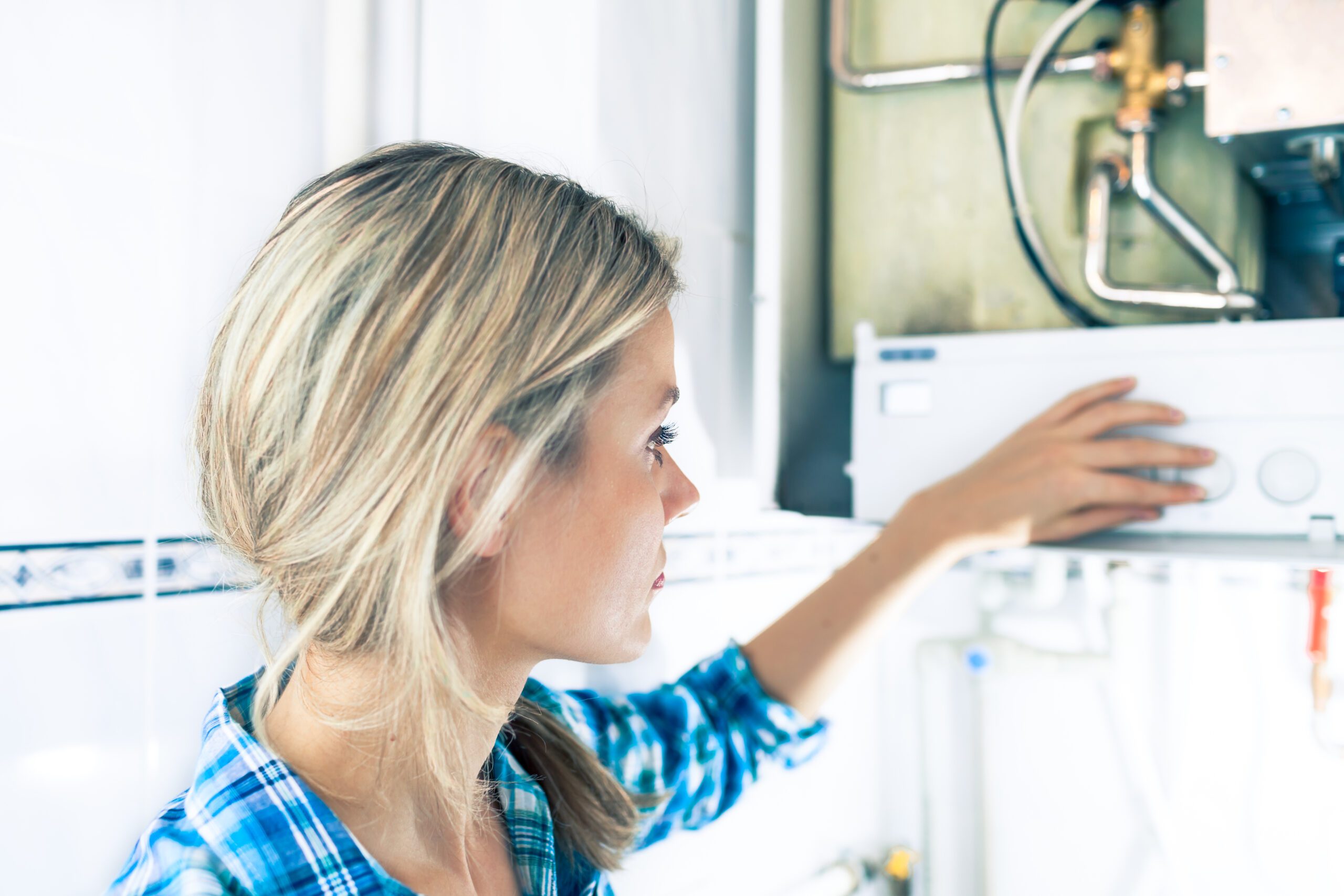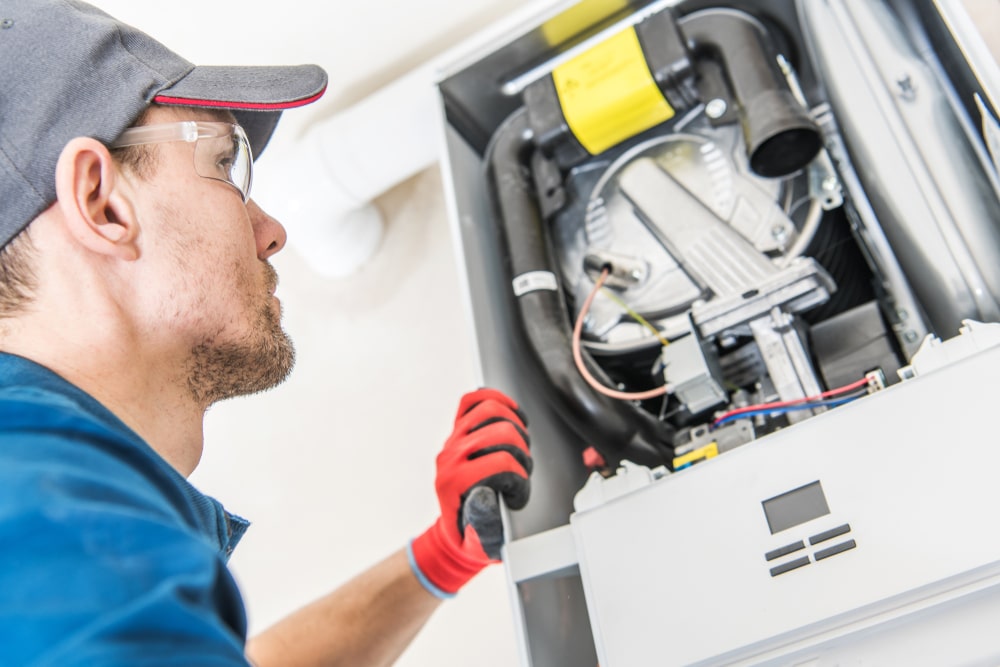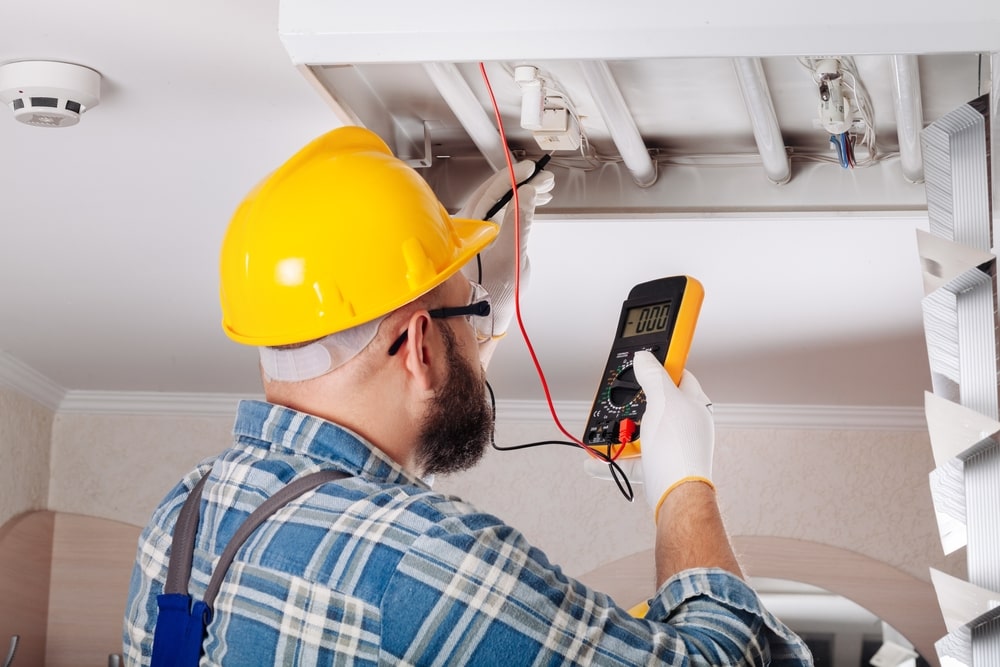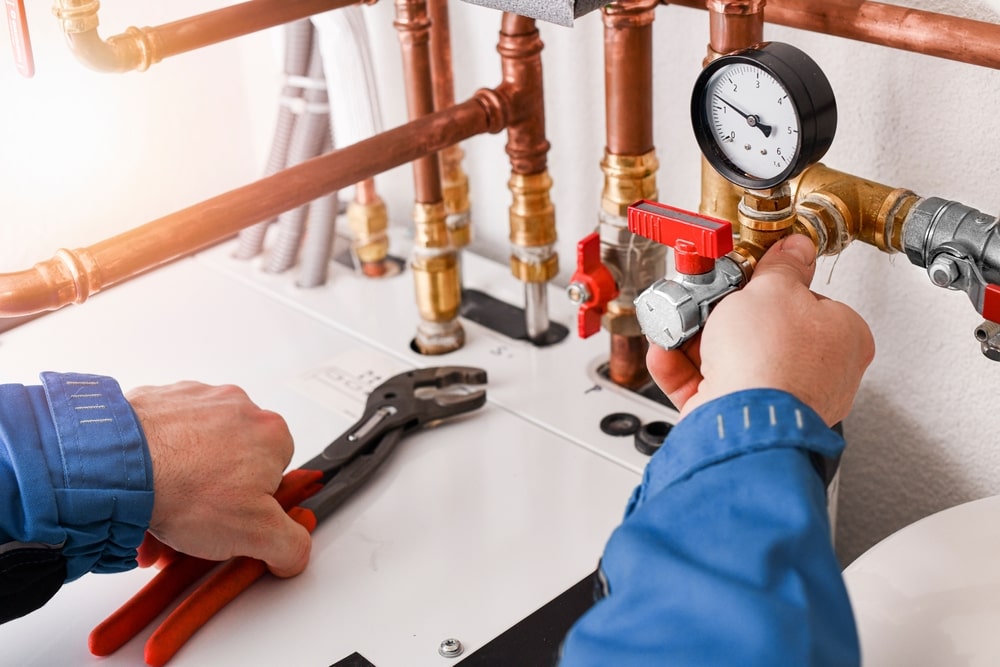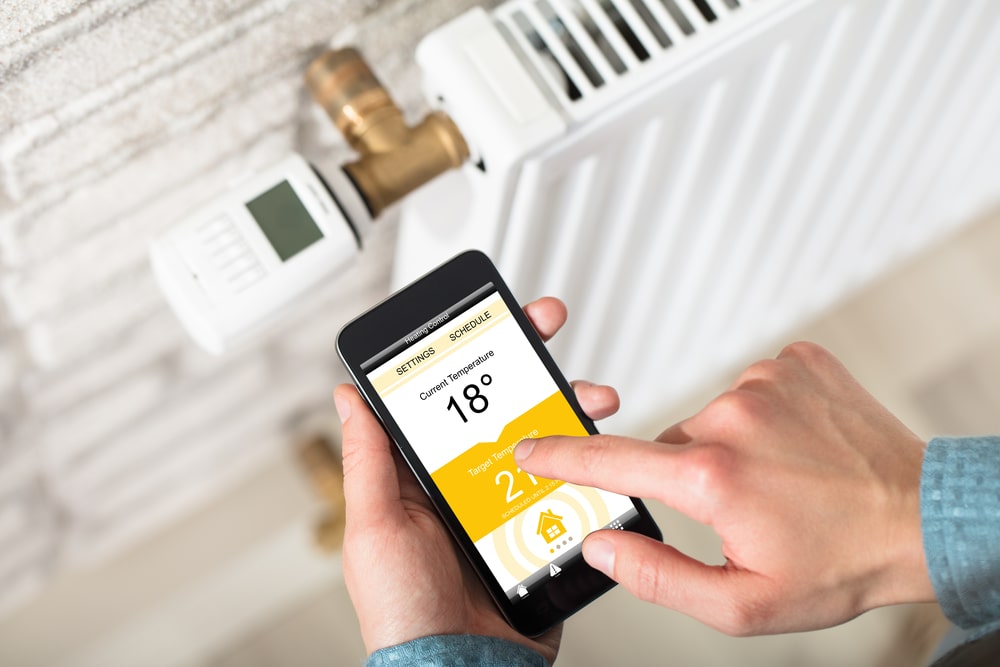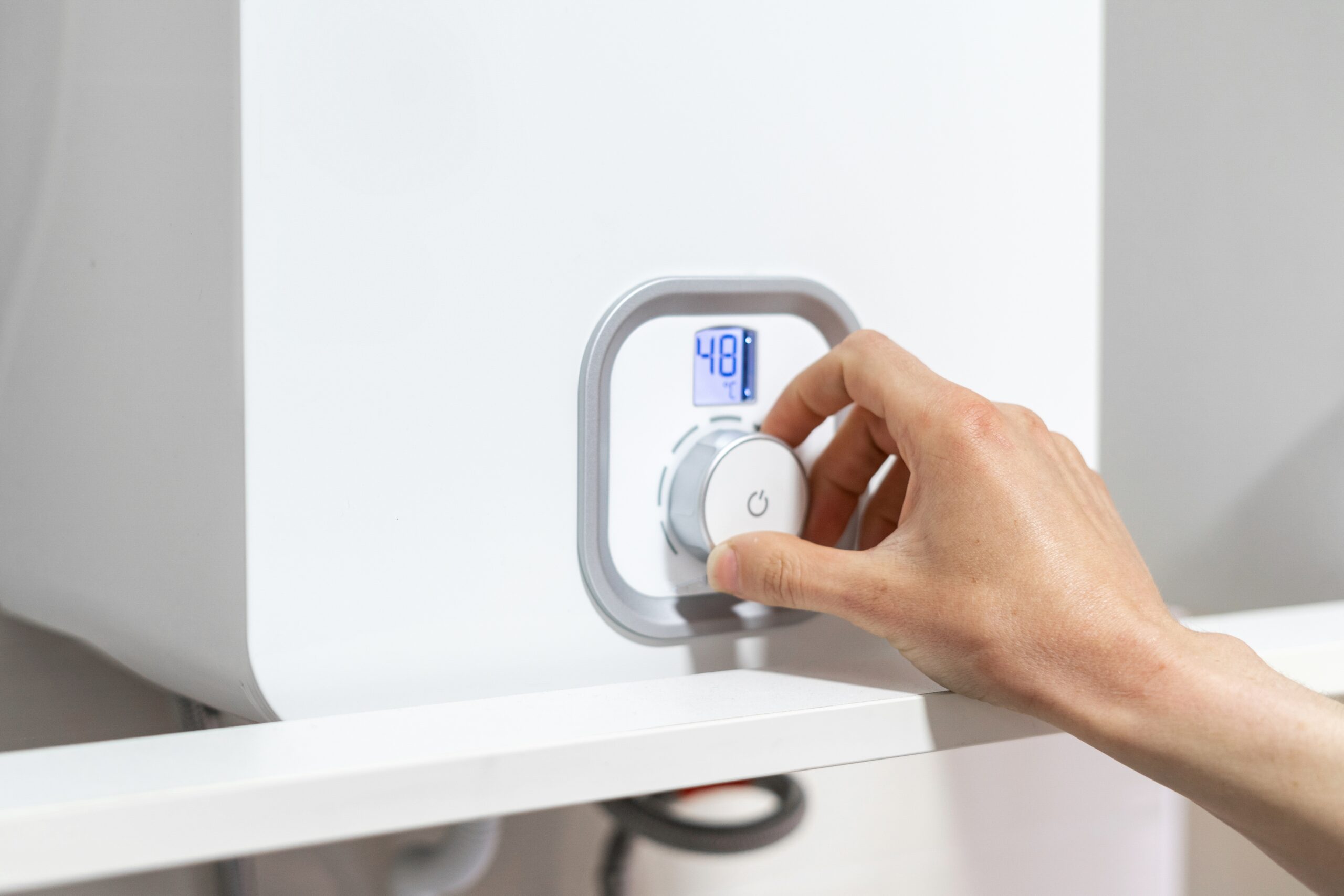
There are several benefits to homeowners, tenants, landlords, and property managers when it
comes to energy efficient boilers, even beyond their environmentally friendly nature.
Yes, an energy efficient boiler can help you reduce your CO2 emissions, but it can also save
you money on your bills and make your property more attractive to potential buyers or
tenants.
But what counts as an energy efficient boiler, why are they important, and what benefits could
installing one bring you and your property? Read on for the answers to those questions and
more.
Energy Efficient Boilers Benefit Residents
Most modern boilers are energy efficient. This is due to the significant improvement of the
technology and materials used to make them in comparison to more traditional boilers from
15 or 20 years ago.
While the new boiler installation process is a considerable investment, the benefits it can bring
to you, or the people living in your home, cannot be ignored.
Firstly, and most importantly, energy efficiency means that your new boiler burns less fuel or
uses less electricity to provide the same results as an older model. This means that you can
reduce your heating bills, as you will be paying for less fuel, and minimise your environmental
impact.
Second, modern boilers tend to be more effective than older boilers in terms of heat
distribution and often make considerably less noise while operating. This way, you can more
reliably heat up your entire home (rather than having that one room that is always cold) and
suffer less disruption in doing so.
Lastly, new boilers are simply more reliable than older models, which may be nearing the end
of their lifespan anyway. With winter only a few months away, now might be the perfect time
to consider getting a new boiler to give yourself peace of mind!
A New Boiler Can Improve Property Appeal on the Market
A new boiler isn’t only an attractive investment due to the improved quality of life it could
provide you in the short term. If you plan on selling your home one day or you are renting out
the property in question, an efficient boiler is a huge pull for potential buyers and tenants.
Someone moving into the property will naturally want their household bills to be as low as
possible, and a new boiler is one way to help guarantee that. It will be reflected on your
property’s EPC rating which can help win over tenants who already like the look of property.
For landlords or property managers, this means a decreased length of time between
tenancies, while for sellers, it means a higher overall property value.
Plus, modern energy efficient boilers are usually more compact than traditional alternatives,
designed to be more aesthetically pleasing in the room, and can now connect to smart
devices for home automation. These can all be great positives in the eyes of potential tenants
or buyers.
Financial Support for New Boilers and Installation
Depending on your circumstances, you may qualify for a rebate or financial boost to help
cover some of the costs towards installing a new, more energy efficient boiler.
The main option in place for many people is the Boiler Grant under the Energy Company
Obligation (ECO) scheme, which is targeted towards low-income households. To qualify, you
must own your home, the boiler must be at least eight years old, your home needs to be
connected to the gas supply, and you must receive at least one government benefit.
The exact amount that you could receive towards your new boiler as part of this scheme will
vary depending on the energy efficiency of your home. Please refer to the full ECO scheme to
find out more.
Alternatively, if you need a more affordable alternative to a brand-new boiler, consider
installing a BoostaBoiler unit on your current boiler for less than £200. This innovative and
easy to use product utilises groundbreaking magnetic technology that could help reduce your
energy bills by 15%, helping save the environment and your money for a fraction of the price.
Reach Out to Butco for a Personal Touch
We are the go-to specialists for home heating solutions across the West Midlands. Our
dedicated service, local engineers, and 24-hour hotline means that we can provide you with a
fast and effective solution to any issues.
From helping you choose the perfect new boiler for your property to providing comprehensive
boiler care cover and boiler breakdown services, our team are on hand to help you with all
your boiler needs
Get in touch with our team today on 0333 366 1121 to find out more or use our free quote
tool to receive a new boiler quote in minutes!


